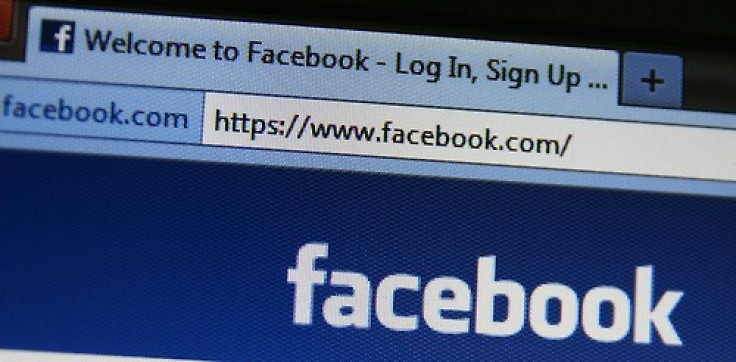'Wages For Facebook' Campaign Demands Pay For Social Media Activity

Facebook is little more than a silly diversion for most people, but for founder Mark Zuckerberg it has been a cash cow that has made him a billionaire many times over.
Now some activists are raising concerns about the gap between the plebeians who use the site in their millions every day, posting pictures of their meals and sharing their favorite articles without getting paid for their efforts, and the techies who have made a killing off of Facebook's mega-popularity.
The campaign took off this month, when the website WagesForFacebook.com went live with a detailed explanation of the movement and its goals, drawing more than 10,000 visitors so far, according to its founder Laurel Ptak, a professor at New York City's New School.
And it appears to be gaining steam, as the site and related ones have spread via email, Twitter and, yes, Facebook in recent weeks, resulting in a surge of interest in the concept.
The premise of the "Wages For Facebook" movement is that many of the things people do on social media can be defined as labor, and that therefore, Facebook users are being fleeced by an exploitative corporation that is using them as unpaid workers.
The concept has been codified by Ptak in a sort of manifesto on the WagesForFacebook homepage that lays out a case for Facebook paying its users for their social media activity, as it is a wildly profitable company with a billion users and $5.1 billion in revenue in 2012 alone.
"They say it's friendship. We say it's unwaged work. With every like, chat, tag or poke, our subjectivity turns them a profit," the site states. "They call it sharing. We call it stealing. We’ve been bound by their terms of service far too long — it’s time for our terms."
The manifesto goes on to link the concept to a Marxist analysis of capital-labor relations, before carefully laying out the reasons why users should see their Facebook use as labor that should be rewarded monetarily. It then connects the "Wages For Facebook" tenets to the greater issues of unpaid work in today's dire labor market, where many companies illegally employ unpaid "interns" to do work once done by paid employees.
"Capital had to convince us that it is a natural, unavoidable and even fulfilling activity to make us accept unwaged work," the screed continues. "In its turn, the unwaged condition of Facebook has been a powerful weapon in reinforcing the common assumption that Facebook is not work, thus preventing us from struggling against it. We are seen as users or potential friends, not workers in struggle. We must admit that capital has been very successful in hiding our work."
The concept behind the movement has spread beyond the "Wages For Facebook" website to other venues, including a Facebook page of its own, dubbed Wages For Facebook Work. In that forum, users have come together to share their concerns about the Facebook model, and to discuss ways to advance their cause, from raising awareness to boycotting the site outright.
"If we want wages, we'll have to strike," stated Facebook user Eli Friedman in a posting on the page, echoing the sentiments of a number of other users.
The Occupy Wall Street movement has also taken steps to spread the message, reposting the WagesForFacebook.com manifesto on its popular website.
It remains to be seen if the David vs. Goliath struggle will lead to any real reforms in the way Facebook treats its users, but for now the movement has a voice.
© Copyright IBTimes 2024. All rights reserved.











